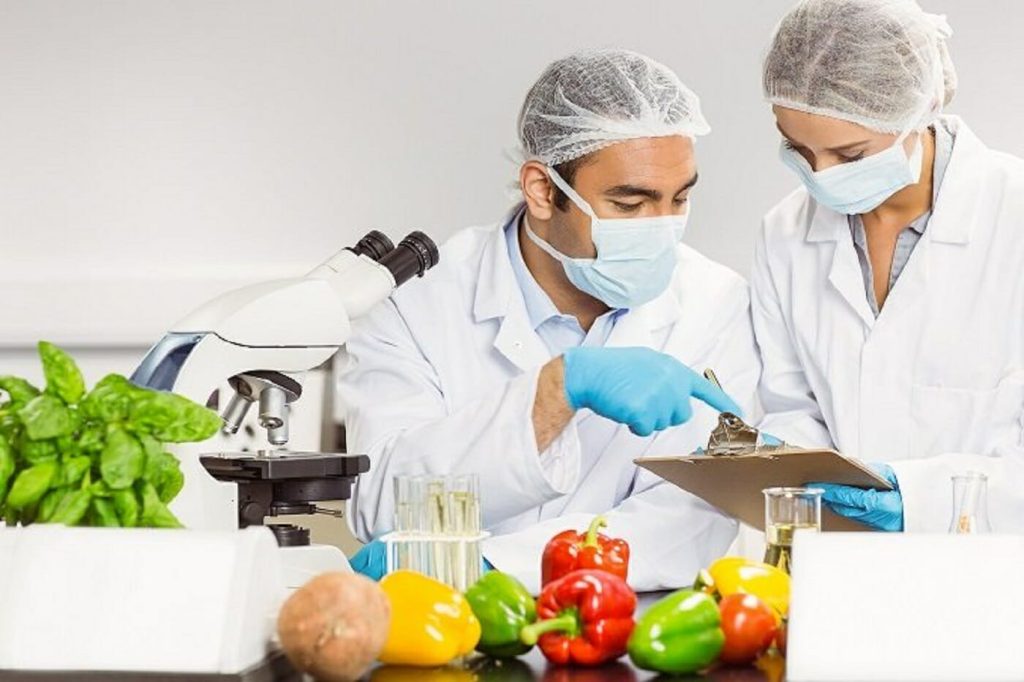Sanitation Specialists offer a wide range of services to ensure food safety and prevent the spread of foodborne illnesses. These services are essential for any restaurant, catering company, or food production facility, as they help maintain the highest standards of cleanliness and hygiene in all aspects of food handling.
Here are some of the key services offered by Sanitation Specialists:
1. Facility Inspections: One of the primary services offered by Sanitation Specialists is conducting thorough inspections of facilities that handle food. This includes restaurants, kitchens, processing plants, and any other place where food is prepared or stored. During these inspections, sanitation experts check for potential hazards such as cross-contamination risks, improper storage practices, pest infestations, and other factors that could compromise food safety.
2. Training and Education: Sanitation Specialists also offer training and educational programs to improve hygiene practices among employees who handle food. These programs cover topics such as proper handwashing techniques, safe storage methods, cleaning protocols, and personal hygiene practices. By educating staff on best practices for maintaining a clean environment and preventing contamination, sanitation specialists help minimize the risk of foodborne illnesses.
3. Cleaning Services: Maintaining a clean facility is crucial for ensuring food safety. Sanitation Specialists provide deep cleaning services using specialized equipment and environmentally-friendly products to eliminate potential health hazards from surfaces where foods are prepared or served. This includes removing dirt buildup from floors and walls, sanitizing kitchen equipment thoroughly, and disinfecting surfaces regularly to prevent cross-contamination.
4. Sanitation Audits: In addition to regular inspections, Sanitation Specialists also conduct audits to evaluate a facility’s overall cleanliness and adherence to food safety regulations. These audits help identify areas that need improvement and provide guidance on how to maintain the highest standards of sanitation in the long run.
5. Food Safety Plans: Sanitation Specialists can also assist in developing personalized food safety plans for businesses. These plans outline specific procedures and protocols for handling, storing, and preparing food safely. They are tailored to each facility’s unique needs and comply with local health codes and regulations.
6. Pest Control: Pest infestations can pose a significant risk to food safety. Sanitation specialists offer pest control services to eliminate any existing infestations and prevent future ones from occurring. This includes identifying potential entry points for pests, implementing preventive measures, and conducting regular inspections to ensure the facility remains pest-free.
7. Emergency Services: In the event of a foodborne illness outbreak or other emergency situation, Sanitation Specialists are equipped to handle the cleanup process quickly and efficiently. They can provide rapid response services to contain the contamination, disinfect affected areas, and prevent further spread of illness.


